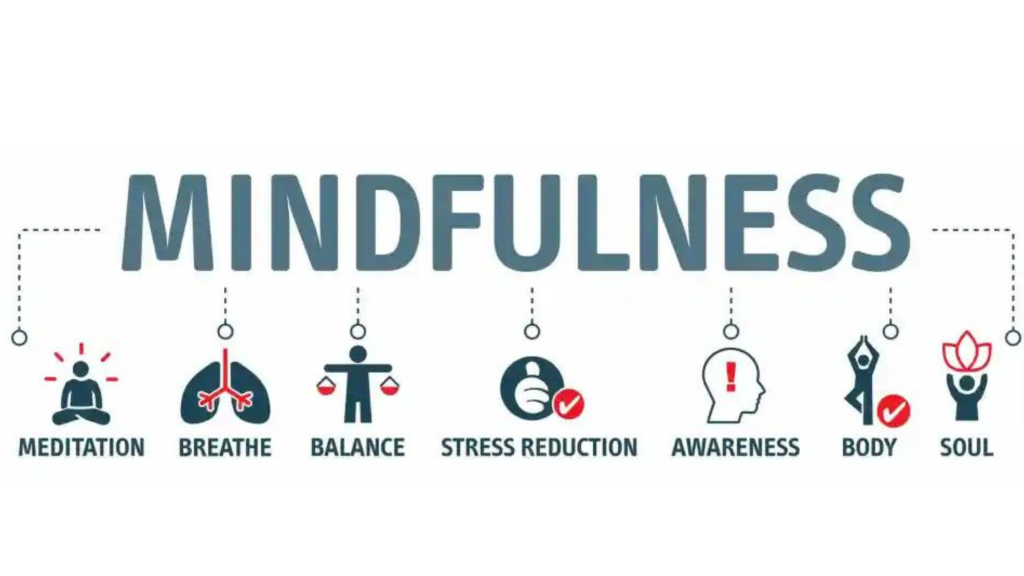In today’s fast-paced world, it’s no wonder that many of us struggle with getting a good night’s sleep. Stress, anxiety, and endless to-do lists can all contribute to restless nights and groggy mornings. However, there is a solution that has been gaining popularity in recent years: mindfulness practices. By incorporating mindfulness into our bedtime routines, we can improve our sleep quality and wake up feeling more refreshed and alert.
Mindfulness is the practice of being fully present in the moment, without judgment or distraction. It involves focusing on our thoughts, feelings, and sensations without getting caught up in them. This can help us to quiet our busy minds and relax our bodies, making it easier to fall asleep and stay asleep throughout the night.
One of the most popular mindfulness practices for better sleep is meditation. Meditation involves focusing on the breath or a specific mantra while sitting quietly with eyes closed. This can help to calm the mind and reduce stress and anxiety, making it easier to drift off to sleep. Studies have shown that regular meditation can improve sleep quality and reduce the symptoms of insomnia.
Another mindfulness practice that can help improve sleep is progressive muscle relaxation. This involves tensing and then relaxing each muscle group in the body, starting from the feet and working up to the head. This can help to release tension and promote relaxation, making it easier to fall asleep. Progressive muscle relaxation can also help to reduce the symptoms of anxiety and improve overall well-being.
Yoga is another mindfulness practice that can help improve sleep. Yoga involves combining physical postures, breathwork, and meditation to promote relaxation and reduce stress. Studies have shown that regular yoga practice can improve sleep quality and reduce the symptoms of insomnia. By incorporating yoga into our bedtime routine, we can relax both our bodies and minds, making it easier to fall asleep and stay asleep throughout the night.
Mindful breathing is another powerful mindfulness practice that can help improve sleep. This involves focusing on the breath and consciously slowing down our breathing to promote relaxation and reduce stress. By focusing on the breath, we can quiet our busy minds and calm our nervous system, making it easier to fall asleep and stay asleep throughout the night.
In addition to mindfulness practices, there are also other strategies that can help improve sleep quality. Creating a calming bedtime routine, such as reading a book or taking a warm bath, can signal to the body that it’s time to wind down and relax. Avoiding screens and stimulating activities before bedtime can also help to promote relaxation and improve sleep quality.
Creating a comfortable sleep environment, such as a dark, quiet room with a comfortable mattress and pillows, can also help improve sleep quality. Using relaxation techniques, such as listening to calming music or guided meditation, can also help to promote relaxation and improve sleep.
In conclusion, mindfulness practices can be a powerful tool for improving sleep quality. By incorporating practices such as meditation, progressive muscle relaxation, yoga, and mindful breathing into our bedtime routines, we can promote relaxation, reduce stress, and improve our overall well-being. By creating a calming bedtime routine and setting up a comfortable sleep environment, we can further enhance our sleep quality and wake up feeling more refreshed and alert. By prioritizing mindfulness practices for better sleep, we can improve our overall health and well-being.

